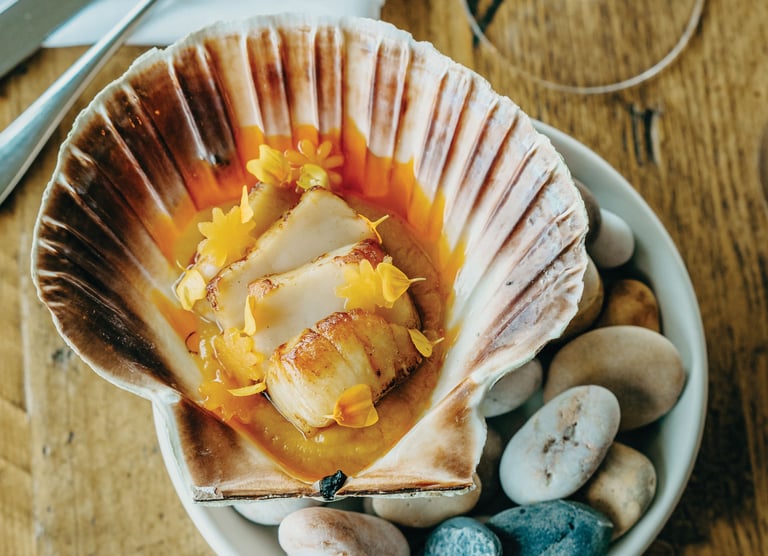You don’t need a top knot or collection of edgy tats to enjoy high-grade caffeine. Will Little, founder of Devon’s Roastworks Coffee Co., blasts some myths
SPECIALITY COFFEE NEEDN’T BE INTIMIDATING
As an industry, we’ve over-complicated coffee and done a great job of bamboozling customers with lots of information and data on the intricacies of the bean. Very few coffee drinkers can actually tell the difference between different growing altitudes and bean varieties – it’s no wonder McDonald’s takes the mick in their adverts. Ignore the background noise and buy coffee from suppliers you trust. Follow your palate and work out which flavours you enjoy and from there you can delve further into the origins and processes you’re into.
COFFEE STRENGTH SCALES ARE A LOAD OF RUBBISH
They often relate to the degree of roasting – the darker the roast, the higher the number – but coffee is far more complex than that. Describing the intricate flavours of coffee is tricky and, as a whole, the speciality industry has done a really bad job of relaying this information to our audience, which is why customers often look to strength scales.
A LIGHT ROAST ISN’T ALWAYS BEST
We’ve seen a trend towards more lightly roasted coffee over the past five years. The thinking is that a lighter roast allows the complex flavours of the bean to shine, but in reality every bean has a different sweet spot. The roaster’s task is to find that sweet spot, and while it’s usually at a lighter roasting point that’s not always the case. There are a lot of beans which are being underdeveloped in the quest for a light roast.
NOT ALL ROASTERS ARE EQUAL
A roaster’s job is significant in affecting the way a coffee ends up tasting. Five roasters could start with the same raw green beans and, after roasting, produce five very different coffee experiences. Knowledge and experience will have a huge impact on the final coffee – someone who’s been roasting good coffee for ten years will be much better informed when it comes to creating something fantastic.
DIRECT TRADE IS A MURKY AREA
There are a lot of roasteries claiming their coffee is direct trade (which means the beans are bought direct from the farmer without the use of a middleman), yet in reality there are only about five or six roasteries buying direct in the whole of the UK. Roasters may have made trips to origin and met the farmers but this doesn’t mean that their coffee has been directly traded. This ties in with the trend for roasteries to use pictures of, and stories about, farmers as a marketing tool. It feels exploitative; we need to stop framing farmers as in need of our help and instead shout about the phenomenal coffee we’re roasting here in the South West.
www.roastworks.co.uk
Want to find out more about speciality coffee? Discover the South West’s finest cafes and roasteries in the Independent Coffee Guide.








